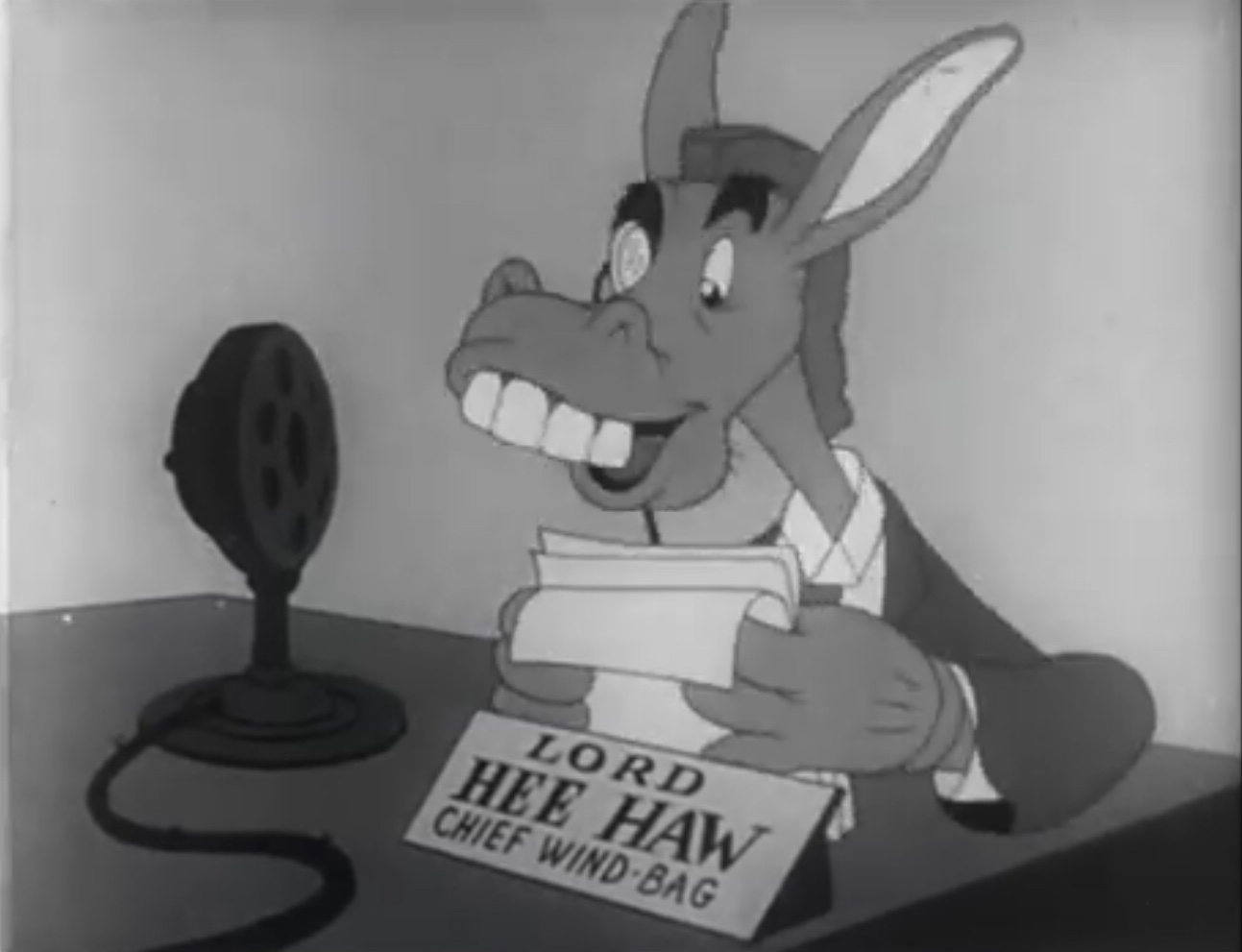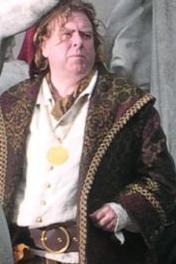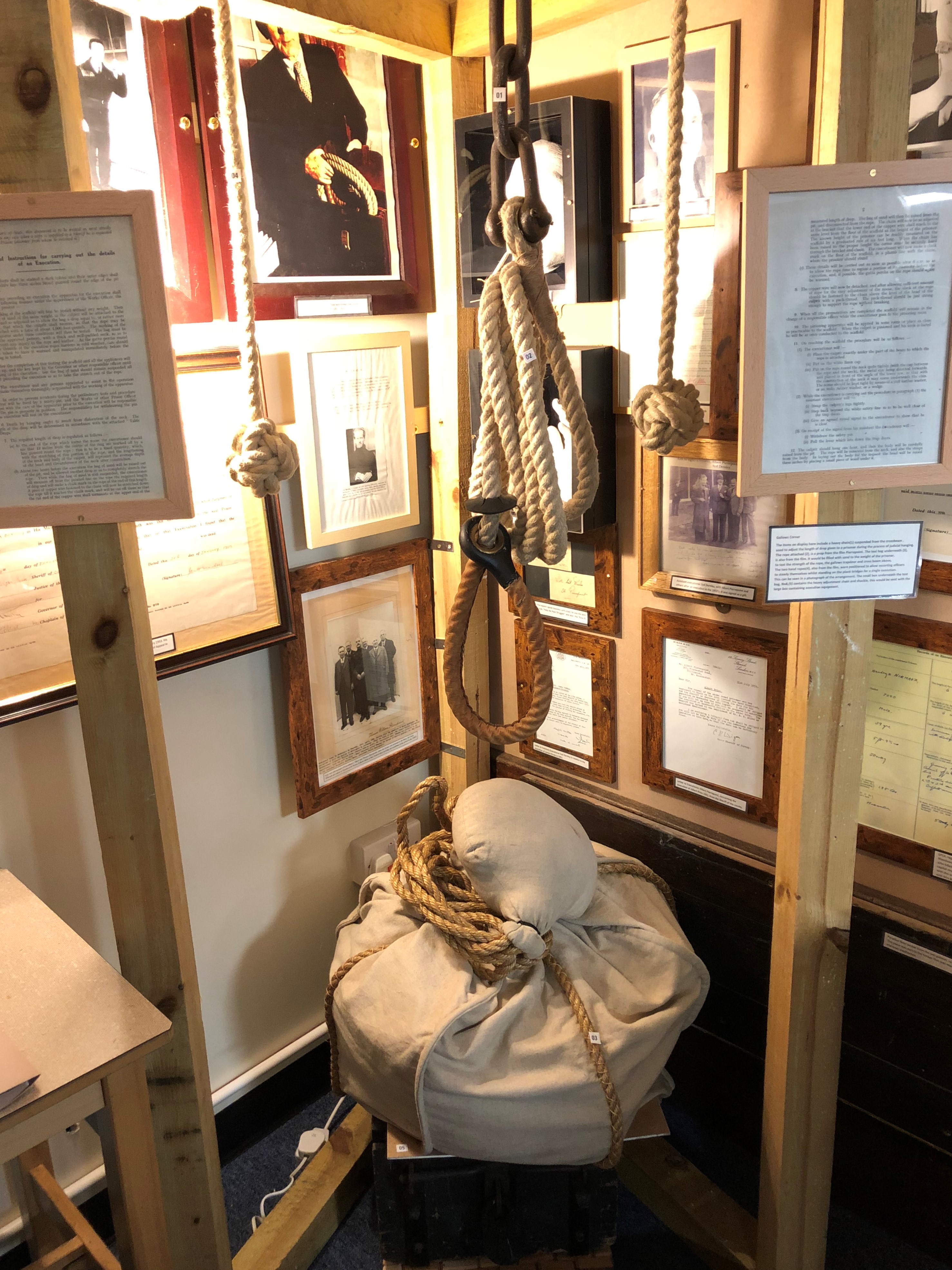|
Albert Pierrepoint
Albert Pierrepoint (; 30 March 1905 – 10 July 1992) was an English hangman who executed between 435 and 600 people in a 25-year career that ended in 1956. His father Henry and uncle Thomas were official hangmen before him. Pierrepoint was born in Clayton in the West Riding of Yorkshire. His family struggled financially because of his father's intermittent employment and heavy drinking. Pierrepoint knew from an early age that he wanted to become a hangman, and was taken on as an assistant executioner in September 1932, aged 27. His first execution was in December that year, alongside his uncle Tom. In October 1941 he undertook his first hanging as lead executioner. During his tenure he hanged 200 people who had been convicted of war crimes in Germany and Austria, as well as several high-profile murderers—including Gordon Cummins (the Blackout Ripper), John Haigh (the Acid Bath Murderer) and John Christie (the Rillington Place Strangler). He undertook several conten ... [...More Info...] [...Related Items...] OR: [Wikipedia] [Google] [Baidu] |
Clayton, West Yorkshire
Clayton, or Clayton Village, is a civil parish in the City of Bradford metropolitan borough in West Yorkshire, England, situated to the west of Bradford city centre. It is listed in the ''Domesday Book'', meaning it dates back to at least the 11th century and was privately owned from 1160 to 1866. It was noted for its clay. More recently, Clayton was a key location in the British and international wool trade, being the home of the British Wool Marketing Board headquarters. The old building was demolished and converted into housing in the late 1990s. The village re-acquired civil parish status with a parish council in 2004. The main street of the village – Clayton Lane – which runs alongside the park, includes several traditional pubs, a popular crawl route for many residents. Starting at the top of the lane is ''the Fleece'', moving down past ''the Royal Hotel'' to ''the Albion'' and ''the Black Bull'' – the oldest pub in the area.''The Fiddlers Three and'' ''the Quarry ... [...More Info...] [...Related Items...] OR: [Wikipedia] [Google] [Baidu] |
Lord Haw-Haw
Lord Haw-Haw was a nickname applied to William Joyce, who broadcast Nazi propaganda to the UK from Germany during the Second World War. The broadcasts opened with "Germany calling, Germany calling", spoken in an affected upper-class English accent. The same nickname was also applied to some other broadcasters of English-language propaganda from Germany, but it is Joyce with whom the name is now overwhelmingly identified. Aim of broadcasts The English-language propaganda radio programme '' Germany Calling'' was broadcast to audiences in the United Kingdom on the medium wave station Reichssender Hamburg and by shortwave to the United States. The programme began on 18 September 1939 and continued until 30 April 1945, when the British Army overran Hamburg. The next scheduled broadcast was made by Horst Pinschewer (also known as Geoffrey Perry), a German-Jewish refugee serving in the British Army who announced the British takeover. Pinschewer was later responsible for the capture ... [...More Info...] [...Related Items...] OR: [Wikipedia] [Google] [Baidu] |
Richard Brandon
Richard Brandon (died 20 June 1649) was the common executioner of London from 1639 to 1649, who inherited his role from his father Gregory Brandon and was sometimes known as Young Gregory. Richard Brandon is often named as the executioner of Charles I, though the executioner's identity is not definitely known. Biography Brandon was born in London, at an unknown date, son to the common executioner of London, Gregory Brandon, and his wife Alice. Gregory Brandon had become executioner in 1611, and was then living with his family on Rosemary Lane, Whitechapel (now known as Royal Mint Street). Though little can be ascertained of Brandon's early years, rumours abounded of his gruesome upbringing as the son of London's executioner. He was rumoured to have decapitated stray cats and dogs, in training for his future position. Brandon's father, Gregory, found himself on the wrong side of the law in January 1611, when he was convicted of the manslaughter of one Simon Morton, though he wa ... [...More Info...] [...Related Items...] OR: [Wikipedia] [Google] [Baidu] |
John Billington (executioner)
John Billington (1880 – October 1905) was an English executioner. He was on the Home Office list from 1901 to 1905."The English hangmen 1850 - 1964" . ''capitalpunishmentuk.org''. Retrieved 2010-11-15. Career Billington came from a family of hangmen. His father, , was an executioner from 1884 to 1901, and his two older brothers, and[...More Info...] [...Related Items...] OR: [Wikipedia] [Google] [Baidu] |
William Billington
William Billington (1875 – 1952) was an English executioner. He was on the Home Office list from 1902 to 1905 and had participated in hangings from 1899. Career Billington, second son of executioner James Billington (executioner), James Billington, carried out his first hanging in July 1899. He assisted his father in several more commissions throughout the rest of the year, and underwent formal training in early 1900. He was also an assistant executioner in 1900. After his father died in December 1901, William became the principal executioner for England. He was at first assisted by his older brother Thomas Billington (executioner), Thomas and then by his younger brother John Billington (executioner), John,"The English hangmen 1850 - 1964" ''capitalpunishmentuk.org''. Retrieved 2010-11-16. along with Henry Pi ... [...More Info...] [...Related Items...] OR: [Wikipedia] [Google] [Baidu] |
Thomas Billington (executioner)
Thomas Billington (1872 – 10 January 1902) was an English executioner from 1897 to 1901 and was one of four family members who worked in the occupation. Biography Billington was born in Bolton, Lancashire."The Billington Hangmen" . ''billingtonfamiliesoflancs.com''. Retrieved 2010-11-12. He worked primarily as a , but his father, James Billington, was an executioner and gained his son a job as an assistant executioner in 1897. Thomas was on the Home Office list from 1897 to ... [...More Info...] [...Related Items...] OR: [Wikipedia] [Google] [Baidu] |
James Billington (executioner)
James Billington (5 March 1847 – 13 December 1901) was a hangman for the British government from 1884 until 1901. He was the patriarch of the Billington family of executioners. Billington died at home from emphysema in the early hours of 13 December 1901, ten days after having executed Patrick McKenna, a man he knew well. Early life Billington was born in Preston, Lancashire, the son of James, a labourer from Preston, and Mary Haslam of Bolton. In 1859 he moved with his family to Farnworth, northwest of Manchester. After leaving school he worked in a cotton mill for a time, but by the early 1880s he had become a Sunday school teacher and was running a barbershop in Market Street, Farnworth. He also worked for some time as a wrestler, miner and pub singer. Billington had a "lifelong fascination" with hanging, and made replica gallows in his back yard on which he practised with weights and dummies and, it was rumoured locally, stray dogs and cats. In an interview publishe ... [...More Info...] [...Related Items...] OR: [Wikipedia] [Google] [Baidu] |
Timothy Spall
Timothy Leonard Spall (born 27 February 1957) is an English actor and presenter. He became a household name in the UK after appearing as Barry Spencer Taylor in the 1983 ITV comedy-drama series ''Auf Wiedersehen, Pet''. Spall performed in '' Secrets & Lies'' (1996), and was nominated for the BAFTA Award for Best Actor in a Leading Role. Subsequently, he starred in many films, including ''Hamlet'' (1996), ''Still Crazy'' (1998), ''Nicholas Nickleby'' (2002), ''The Last Samurai'' (2003), '' Enchanted'' (2007), '' Sweeney Todd: The Demon Barber of Fleet Street'' (2007), ''The Damned United'' (2009), ''The King's Speech'' (2010), ''Ginger and Rosa'' (2012), ''Denial'' (2016), and '' The Party'' (2017). He voiced Nick, a cynical, portly rat in ''Chicken Run'' (2000). He played Peter Pettigrew in five ''Harry Potter'' films, from ''Prisoner of Azkaban'' (2004) to '' Deathly Hallows – Part 1'' (2010). Spall has collaborated with director Mike Leigh, making six films together: ''Hom ... [...More Info...] [...Related Items...] OR: [Wikipedia] [Google] [Baidu] |
Pierrepoint (film)
''Pierrepoint'' is a 2005 British film directed by Adrian Shergold about the life of British executioner Albert Pierrepoint. The film premiered at the 2005 Toronto International Film Festival and was released in the UK on 7 April 2006. In the United States, it had a limited theatrical release at three screens on 7 June 2007, grossing $21,766. It was released on DVD on 30 October 2007. Commissioned as a television film in 2004, ''Pierrepoint'' was broadcast on ITV Network, ITV on 25 August 2008, when it attracted an estimated audience of 3.6 million. The film was renamed ''Pierrepoint: The Last Hangman'' for its North American release, although Pierrepoint was not the last British hangman. Premise The film is loosely based on the life of Britain's most prolific hangman, Albert Pierrepoint (played by Timothy Spall), from the time he is trained for the job and accepted onto the list of the country's official executioner, hangmen in 1932 until his resignation in 1956. Cast *Timothy ... [...More Info...] [...Related Items...] OR: [Wikipedia] [Google] [Baidu] |
Capital Punishment
Capital punishment, also known as the death penalty, is the state-sanctioned practice of deliberately killing a person as a punishment for an actual or supposed crime, usually following an authorized, rule-governed process to conclude that the person is responsible for violating norms that warrant said punishment. The sentence ordering that an offender is to be punished in such a manner is known as a death sentence, and the act of carrying out the sentence is known as an execution. A prisoner who has been sentenced to death and awaits execution is ''condemned'' and is commonly referred to as being "on death row". Crimes that are punishable by death are known as ''capital crimes'', ''capital offences'', or ''capital felonies'', and vary depending on the jurisdiction, but commonly include serious crimes against the person, such as murder, mass murder, aggravated cases of rape (often including child sexual abuse), terrorism, aircraft hijacking, war crimes, crimes against h ... [...More Info...] [...Related Items...] OR: [Wikipedia] [Google] [Baidu] |
Lancashire
Lancashire ( , ; abbreviated Lancs) is the name of a historic county, ceremonial county, and non-metropolitan county in North West England. The boundaries of these three areas differ significantly. The non-metropolitan county of Lancashire was created by the Local Government Act 1972. It is administered by Lancashire County Council, based in Preston, and twelve district councils. Although Lancaster is still considered the county town, Preston is the administrative centre of the non-metropolitan county. The ceremonial county has the same boundaries except that it also includes Blackpool and Blackburn with Darwen, which are unitary authorities. The historic county of Lancashire is larger and includes the cities of Manchester and Liverpool as well as the Furness and Cartmel peninsulas, but excludes Bowland area of the West Riding of Yorkshire transferred to the non-metropolitan county in 1974 History Before the county During Roman times the area was part of the Bri ... [...More Info...] [...Related Items...] OR: [Wikipedia] [Google] [Baidu] |
Undersheriff
An undersheriff (or under-sheriff) is an office derived from ancient English custom that remains in, among other places, England and Wales and the United States, though performing different functions. United States In American law enforcement, the undersheriff is the person second in charge of a sheriff's office. In some departments, the title of undersheriff is official, while in others, a different official title is used for the second person in charge. For example, in many small departments, the title of chief deputy sheriff is often used for the second in command; however, in some large departments, the undersheriff is second in command and in turn oversees several chief deputies. Vice versa, sometimes undersheriff ranks below chief deputy depending on the sheriff’s department. The undersheriff and chief deputy titles are in some cases used to describe the same individual. In some places, the undersheriff is the prison warden of the county jail. The New York City Sheriff' ... [...More Info...] [...Related Items...] OR: [Wikipedia] [Google] [Baidu] |





